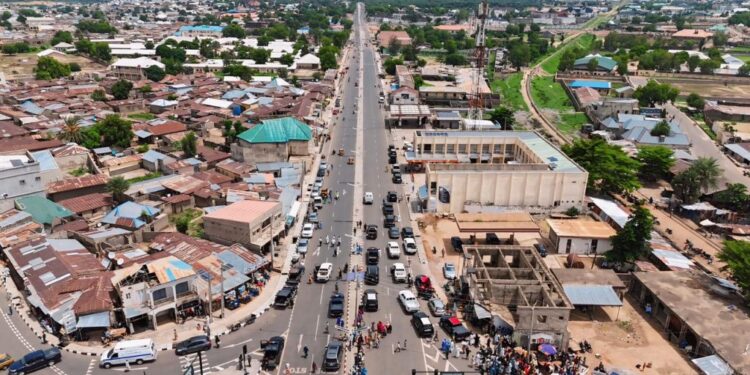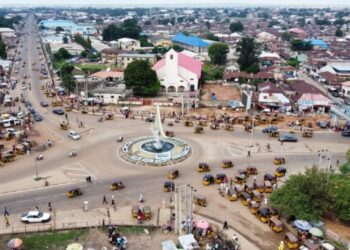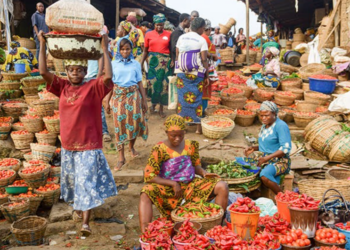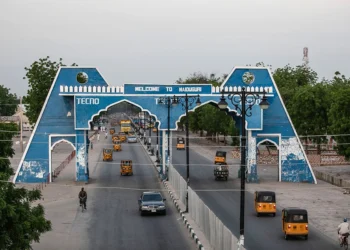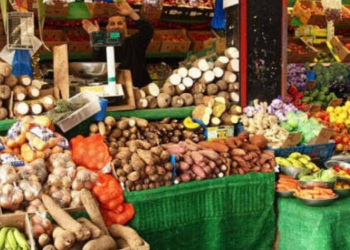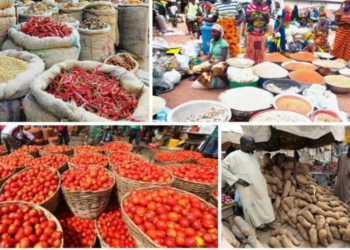Nigeria’s cost of living varied widely across states in August 2025, with some regions offering significantly lower expenses for households and businesses.
The headline inflation for the nation slowed to 20.12% from 21.88% in July 2025.
According to the latest Consumer Price Index (CPI) data released by the National Bureau of Statistics (NBS), several states maintained a slower pace of price increases compared to the national average, making them more affordable destinations.
Persistent inflationary pressures have weighed on Nigerian consumers for much of 2025, particularly in urban centers where food, housing, and transportation costs remain elevated. Yet, pockets of relative stability continue to exist—mainly in states with strong agricultural output, lower population density, or less reliance on imported goods.
Food inflation remains the key cost driver for many Nigerian families, accounting for a large portion of household spending. States that manage to moderate food prices effectively tend to feel more affordable on the ground—even when headline inflation seems high.
The affordability ranking is based on headline inflation rates for August, which measure the year-on-year change in prices across essential goods and services. States with lower inflation rates tend to experience less upward pressure on household budgets, making them attractive for cost-conscious residents and potential investors.
Below are the 10 most affordable states in Nigeria for August 2025.
Enugu State posted the steepest headline inflation decline on the list, dropping by 8.3 points—from 22.5% in July to 14.2% in August. However, food inflation moved in the opposite direction, rising by 3.8 points from 23.1% to 26.9%.
The drop in headline inflation was largely driven by non-food categories. The completion of the Ninth Mile bypass upgrade reduced intercity transport fares, while a state-backed rent relief initiative for civil servants eased housing costs. But local tomato blight outbreaks and supply delays from northern states pushed food prices higher, leaving households grappling with more expensive daily meals despite the overall inflation relief.
In August, the Enugu State Government launched the distribution of 40,000 bags of fertiliser and other agro-inputs to registered farmers across the state. Governor Peter Mbah, speaking at the flag-off, announced that more than 60,000 farmers would benefit from the intervention, which also includes pesticides and cassava stems.
The Governor further reaffirmed plans to establish Agro-Industrial Processing Zones and Agricultural Transformation Centres in each of the state’s three senatorial districts. He highlighted that long-abandoned assets such as Enugu United Palm Products, the Ada Rice Irrigation Scheme, Ojor and Mgbagbu Owa irrigation projects, and the Sunrise Flour Mill have been revitalised.
Other initiatives under the administration’s agricultural push include the Enugu State Livestock Productivity Centre, a Cocoa Development Initiative targeting 3,000 hectares by 2027, the rollout of 2,000 greenhouses for commercial farming by 2026, and the construction of export warehouses to strengthen cashew processing and exports.

